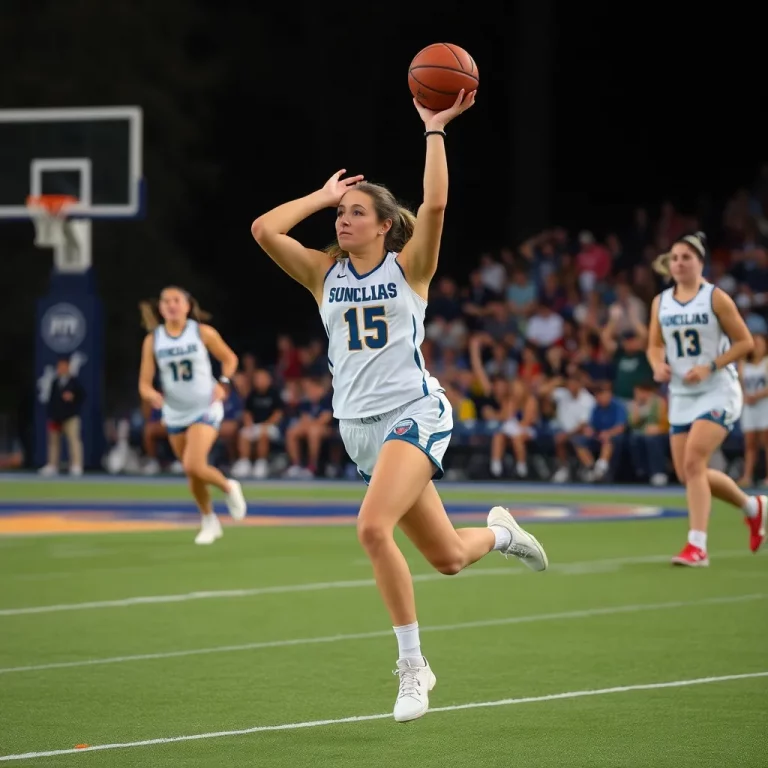In Medford, Massachusetts, a new policy from the NCAA has sparked significant conversation regarding participation in women’s athletics. This new rule prohibits anyone assigned male at birth from competing on women’s athletic teams, regardless of their gender identity. However, athletes assigned female at birth can still compete on women’s teams as long as they are not undergoing hormone therapy. While this decision affects competitive eligibility, it is important to note that participation in team practices will largely remain unchanged.
This policy is rooted in an executive order signed by the Trump administration on February 5, titled “Keeping Men Out of Women’s Sports.” The order aims to secure the competitiveness of women’s sports while addressing what it calls “gender ideology extremism.” This is the fourth executive order targeting transgender Americans since the administration took office.
In response to the NCAA’s new guidelines, the administration and athletics department at Tufts University have yet to offer a public statement. Patrick Collins, the executive director of public relations at Tufts, noted that the New England Small College Athletic Conference is currently discussing the change and that an update will be provided once discussions conclude.
The Tufts chapter of Athlete Ally, a nationwide organization dedicated to increasing LGBTQ+ representation, is actively supporting students who feel unsettled by the recent guidelines. Peter McCormick, a junior and communications director for the group, emphasized the importance of creating safe spaces for all athletes in light of these developments. “In this kind of climate, where trans women athletes are being excluded from university athletic communities, it’s a sign that our work is essential,” he stated.
Many at Tufts are expressing disappointment and concern regarding the new policy, with student leaders like McCormick feeling a mixture of anxiety for their friends who are trans athletes. “I think there’s a lot of fear about what the future holds,” he said. He believes that listening and creating inclusive environments is vital at this time.
Despite some internal support from faculty advisors at Tufts, Ryan Kane, a senior and president of Tufts Athlete Ally, has expressed frustration over the university’s slow response to the NCAA’s decision. “Being part of one of the most progressive universities, we expected a quicker public stance,” he remarked. Kane founded the Tufts chapter of Athlete Ally after struggling to find community as a queer athlete.
As the conversation continues, Tufts Athlete Ally has issued a statement on their social media, voicing their discontent with the NCAA’s policy while highlighting the importance of maintaining safe spaces for LGBTQ+ students. The message encouraged supporters to “stay outspoken, support organizations that defend trans rights, build spaces that embrace love over hate, and check in on trans people in your life.”



